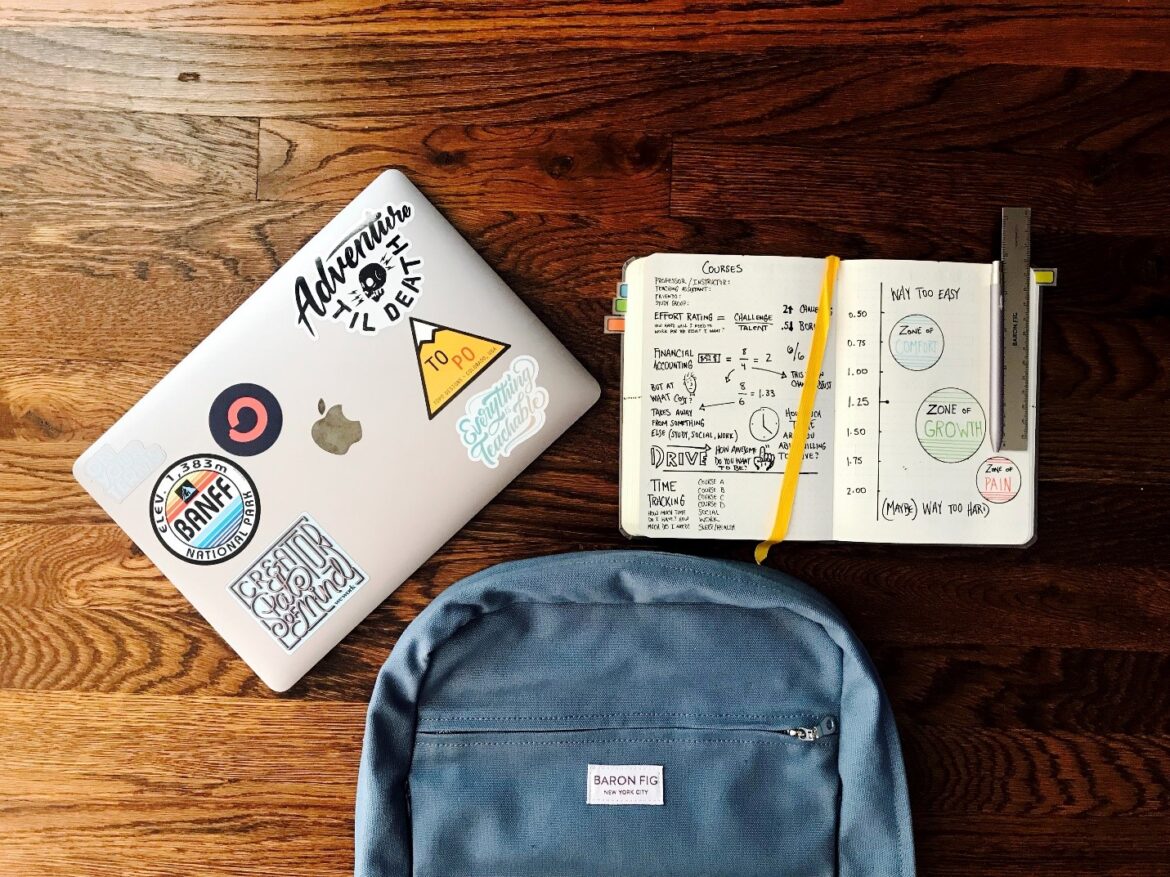Introduction
Trying to figure out how to concentrate while learning is a struggle we all confront. However, we’ve got a set of resources and tactics that can help lessen the strain of studies and keep you focused on what counts, whether it’s social media, procrastination, time management, or a mix of all three.
It might not be easy to concentrate all of your interest in one area until you have an intense tendency to absorb the knowledge or acquire a skill to do so. Gaming, smartphones, social media, friends, and family may divert your attention away from your academic goals. Create a suitable environment for focus. Create a study timetable that will help you to make the most of your time. To prevent feeling overwhelmed, try some new study strategies and take regular breaks.
These are some of the top strategies to assist you in boosting your concentration when studying.

1. Select An Appropriate Environment
Knowing where you perform effectively is essential for every good study session. For some, the quietness of a library is paramount, but for others, the moderate commotion of a coffee shop might provide just the right amount of relevant noise to help them focus. Your study area must have a few items –
- The flat and transparent surface, with enough area to properly handle all of your supplies and laptop.
- Having a handy power supply might help you avoid having to stand up and interrupt your flow.
- It is critical to choose one with the required furnishings to support an excellent posture for continuous, sustainable study when choosing a workspace.
2. Develop A Strategic Plan and Time Table
Whether you’ve been reading, analyzing, writing, or rewriting, set a goal for yourself at the end of every week, so you realize you’re on pace to finish everything on time. Purchasing a wall calendar or diary is a brilliant idea since it allows you to jot down key dates. In addition, it will let you know how much time you have left and when you will work on what.
When you’ve decided what you want, the next objective is to make a weekly study schedule. Make a schedule for everything. Your schedule might include the time you should go to bed, the time you should eat, and, most importantly, the time you should spend studying. However, developing a habit is critical, and do your best to adhere to your study schedule.
3. Remove Any Distraction
Identify the best place. You must get rid of everything that you know would distract you from concentrating. Place mobile gadgets on display. Turn off the television. Close any other tabs in your browser. Keep your distance from persons who are generating loud noises.
- Sitting straight when you are studying. Do not lie in a posture that will distract you.
- Choose a study area that is only utilized for studying.
- Studying in a well-lit area. Bright lighting will also prevent you from falling asleep.
- Sitting in a comfy chair. Your back and neck should not be strained. Pain is a tremendous deterrent.
4. Start Making Your Learning Extra Dynamic
Active reading practices can help you learn more effectively and concentrate better. Read your textbook aloud. Please make a list of your notes and recite them aloud. Your brain will handle the information differently, keeping you on track.
Teaching something to Anyone is one of the most efficient methods to learn anything. Play the role of the student with a significant other, roommate, friend, or family member. Examine whether you can explain the challenging information to them.

5. Having A Snack In Intervals.
Nutrition is essential for staying alert and motivated when studying. Keep food close by. Try to keep it basic, such as a handful of almonds, blueberries, or dark chocolate. A good diet will keep you active and allow you to put your intellect to the test more efficiently.
Some Others Ways are:
- Getting a decent night’s sleep.
- Everyday exercise to increase attentiveness.
- Listening to some light music.
- Retaining a high level of hydration.
Conclusion
Losing attention when studying is a frustrating hindrance since it takes away the capacity to finish the task and start over. Many of us are struggling with the web like never before since we are studying remotely and are losing out on important information to drive and baggage in learning and communication.


